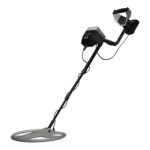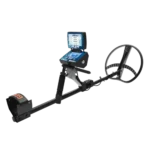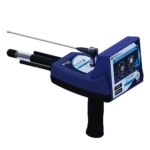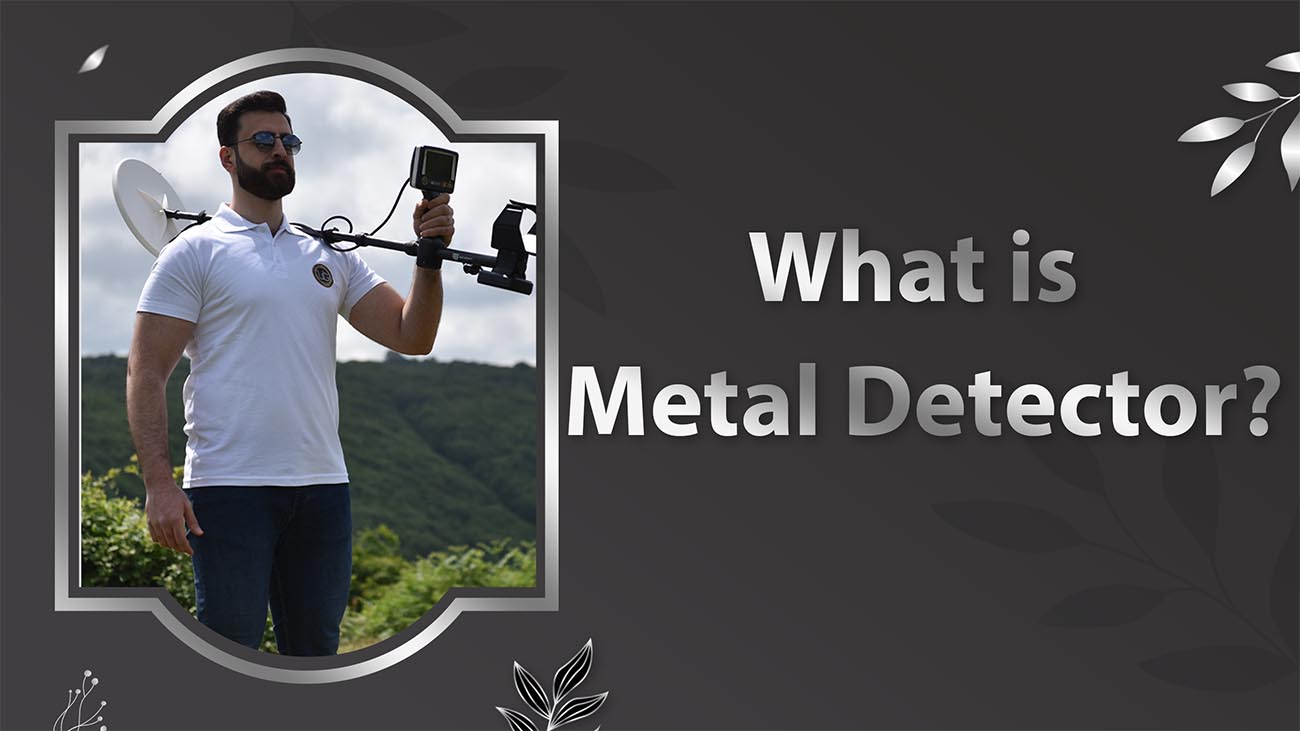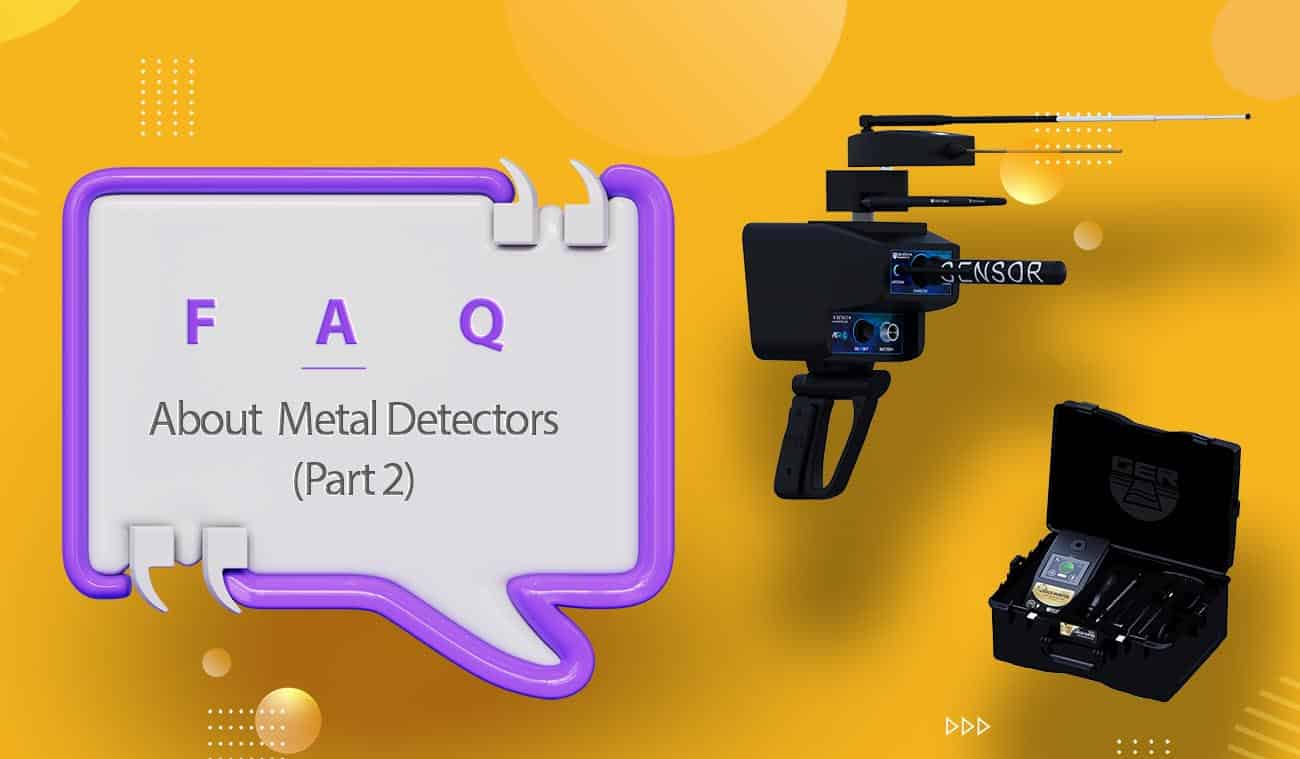What is Underground Water Detectors 2025
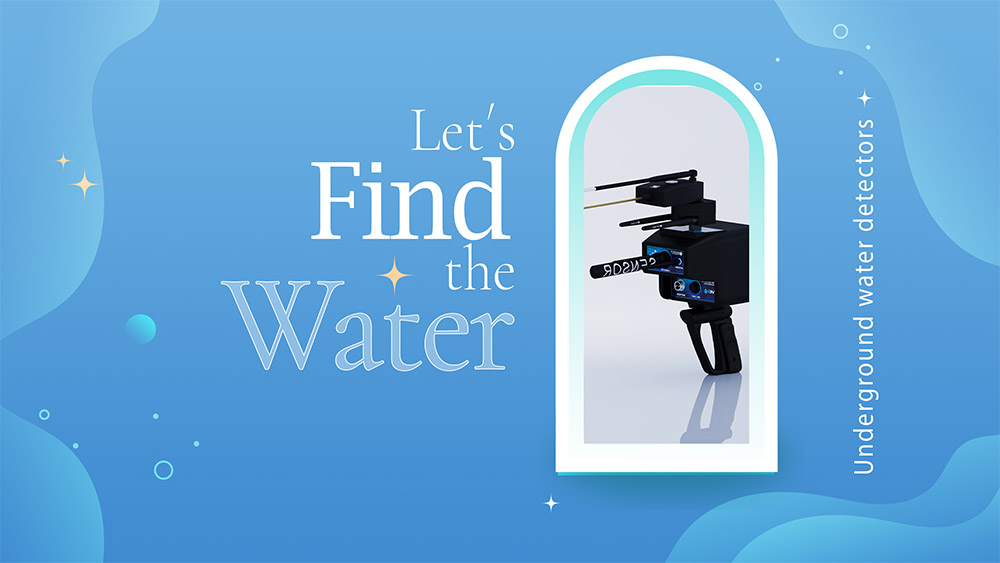
Table of Contents
What is Underground Water Detectors 2024
Thinking about digging in your yard? An underground water detector can help!
Ever plan a landscaping project, only to discover water under the ground ? Underground water detectors can help you avoid these costly surprises.
What is an underground water detector?
It’s a tool that helps locate hidden water sources, like pipes or aquifers. This can be important for any project that involves digging, from planting trees to building a deck.
Underground Water Detector: Like X-Ray Vision for Buried Water!
Imagine a gadget that tells you what’s lurking beneath your feet before you dig. That’s the magic of an underground water detector! These tools use clever science to find hidden water sources, pipes, and even empty spaces.
How do Underground Water Detectors work?
How do they work?
There are two main types:
- Electromagnetic Wave Detectors:Think radio waves or radar. The detector sends out a signal, and measures how long it takes to bounce back. Water disrupts the signal differently than soil, revealing its presence and depth.
- Electrical Conductivity Detectors: Water conducts electricity better than dry ground. This detector measures electrical properties to locate water sources.
What can you find with an underground water detector?
- Hidden water: Great for avoiding a watery surprise when digging for a fence post!
- Underground pipes: Know exactly where those sprinkler lines are buried before you plant a tree.
- Empty spaces: Detect hidden basements, caves, or even old wells.

Types of Underground Water Detectors
There are two main types of underground water detectors, each using different scientific principles to detect water and other objects underground:
Electromagnetic Wave Detectors
Electromagnetic wave detectors, like ground penetrating radar (GPR), use radio waves or microwaves to detect underground water. The detector transmits a pulse of electromagnetic energy into the ground. The electromagnetic waves travel through the soil and reflect off of objects with different electrical properties, such as water, rocks, and changes in soil moisture. The detector then measures the time it takes for the reflected waves to return. By analyzing the reflected waves, the detector can create an image of what is buried underground.
Electrical Conductivity Detectors
Electrical conductivity detectors measure the electrical conductivity of the soil. Water conducts electricity better than dry soil, so electrical conductivity detectors can be used to locate pockets of underground water. These detectors typically consist of two electrodes that are inserted into the ground. A current is passed between the electrodes, and the detector measures the resistance of the soil. Higher resistance indicates drier soil, while lower resistance indicates the presence of water.
Do Underground Water Detectors Work?
Yes, they do for sure, and by using our German technology for underground water detectors, you will for sure get the right results
Find the best underground water detectors by clicking here
How Deep Can You Find Underground Water?
· Electromagnetic wave detectors (GPR): These can typically penetrate depths ranging from a few meters to tens of meters (dozens of feet). However, effectiveness decreases with depth due to signal weakening.
· Electrical conductivity detectors: Generally work best at shallower depths, typically less than 30 meters (100 feet).
How Accurate Is An Underground Water Detector?
Finding hidden water underground just got easier using UIG Underground Water Detectors. Our modern underground water detectors are super reliable, with accuracy rates as high as 95%! This means you can use these detectors with confidence
Reliable underground water Detectors
These are the best underground water detectors ever made
RIVER G 3 SYSTEMS DEVICE

The RIVER-G 3 SYSTEMS machine is the best advanced 3D imaging for groundwater detection.
The RIVER-G 3 SYSTEMS device is a cutting-edge system renowned for its proficiency in detecting groundwater, artesian wells, and underground water sources.
This machine is the first of its kind globally and operates three distinct exploration systems with exceptionally precise capabilities in identifying water types (fresh, salty, and very salty).
FRESH RESULT 2 SYSTEMS DEVICE

The latest device for detecting groundwater, artesian wells, and underground springs
A new device and unique in its kind, it functions in three systems to detect underground water and artesian wells.
1- Geophysical detection system
2- Long-range detection system
RIVER – F SMART

RIVER – F SMART long-range water finder to detect groundwater, artesian wells, and underground springs. The first of its kind in the world.
It works with three different search systems:
1- Freshwater search system.
2- Salty water search system.
3- A system for determining water depth by meter, and centimeter easily and with high accuracy.
Prices of underground water detectors
Water detectors can range between $ 2,250 to $ 8,500 choose it depending on your requirements such as depth and range and many more…. Head up now and view the best underground water detectors by clicking here !!
Gearing up with accessories
To enjoy the best experience for water detecting, why you don’t gear up with some important accessories that are designed to make your journey much easier
Click here and view the best accessories available ever
Why UIG Underground water detectors?
UIG DETECTORS is a world leader in manufacturing and developing underground search and detection devices.
Since the establishment of UIG DETECTORS in 1990, it has been a global leader in research, development, innovation, and design, until today it has become the largest manufacturer and supplier of metals, gemstones, diamonds, and underground water detectors.
During the past three decades, the company has introduced the most innovative devices, technically and scientifically, compared to its competitors around the world, which has led to raising the level of the detection devices industry as never before.
Advice for accurate underground water detector experience
Before You Dig:
- Understand your detector: Read the manual and familiarize yourself with its capabilities and limitations. Different detectors work best in varying ground conditions and depths.
- Research your local geology: Knowing the typical water table depth and soil composition in your area can help you choose the right detector and interpret readings.
- Calibrate your detector: Most detectors require calibration in different soil types to ensure accurate readings. Follow the manufacturer’s instructions.
Operating Your Detector:
- Map your search area: Create a grid pattern to ensure you’re covering the ground thoroughly and consistently.
- Walk slowly and steadily: This allows the detector to pick up on subtle changes in the ground’s properties.
- Pay attention to multiple readings: Don’t rely on a single reading. Take multiple measurements in the same area to confirm a water source.
- Consider ground conditions: Factors like moisture content and mineral composition can affect readings. Be aware of these and how they might influence results.
Watch also our video tutorial of how to use the underground water detector
Is there a device to find underground water?
Yes, there are underground water detectors that use various methods to locate potential water sources.
What’s the best way to find underground water?
The best way depends on your location. Often, geophysical surveys by qualified professionals are the most reliable.
How can I find water at ground level?
Finding water at ground level likely indicates a spring or very shallow water table. Consultation with a professional is recommended for proper evaluation.
How deep can underground water detectors find water?
Detection depth varies by device, typically ranging from a few meters to hundreds of meters. However, accuracy can be limited.
Do underground water detectors work?
The effectiveness of underground water detectors is debatable. While they may provide clues, professional verification is highly recommended.
Rate Our article


